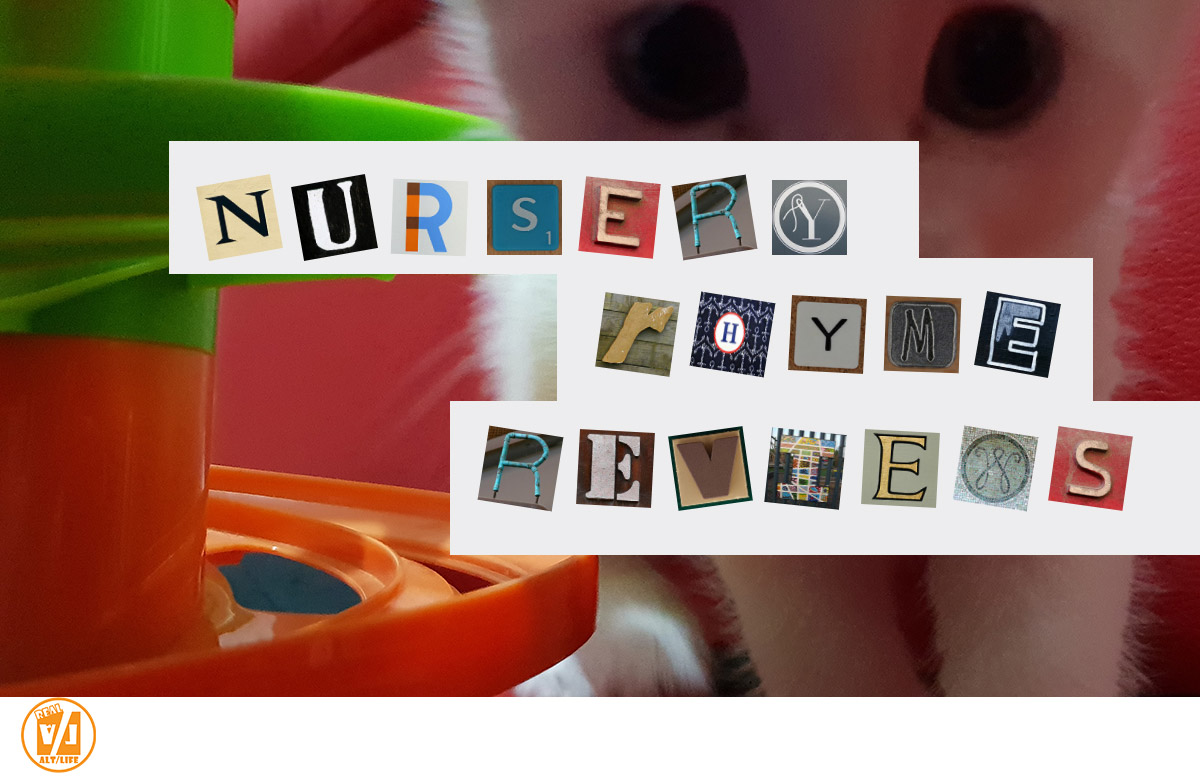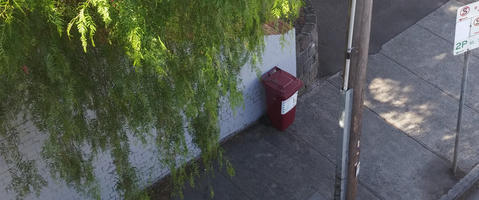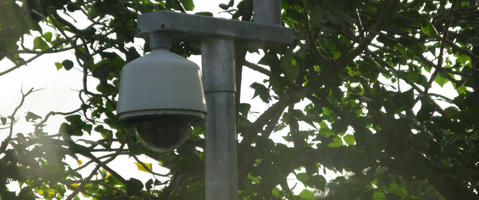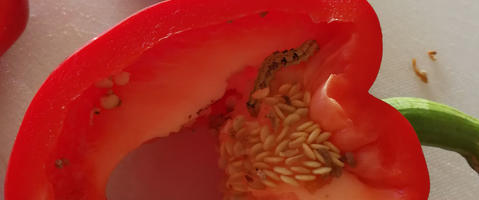There are few stories so ingrained into our social conscious as this gem, yet few will be aware that what is commonly sung to get children to bed and warn them of the dangers of climbing is but the first part of a tale that spans three epic verses. And that is sad, for if they did, they may realise the story is not so much about a single tragedy befalling (no pun intended but still apropos) a child placed in the tree to sleep, but the pain, suffering, and guilt of the mother of that child. It is just as much her story as it is the bubs.
We will not bother to review the first verse in this trilogy. Its timeless popularity speaks volumes of its quality, its social impact. Many greater minds have set themselves to that task, and to try and go over their steps would be needless. Instead we will pick up the story in the second verse, which begins shortly after the calamitous events of the baby falling out of a tree.
It is no surprise that we find the baby now bed ridden in what we can only surmise to be a coma. Heart wrenchingly we learn that its mother sits near, rocking its new cradle gently back and forth, singing to it in the hope that it wakes. It is often said that those in a coma can still hear, so to find the mother do so speaks of the concern at the child's condition; after all, what parent in their right mind would still be singing to a child if was actually asleep and potentially risk it waking?
While the first verse was tragic and left the reader with a question over the fate of the child and the mysterious circumstances that lead to these events happening, the second brought with it suspense once we discovered the child did survive the initial fall. If the first was action, the second was about the tension that occurs after trauma. In the writing you can picture the moment - a candle lit room, a song, the rhythmic creaking of her rocking chair, back and forth, in perfect step with the swinging cradle. Back and forth, back and forth, a scene of uncertainty and pressure. But at the end, it leaves the reader with a sense of hope that even in the coma, the baby can still hear, can understand.
What is a nursery rhyme without a happy ending? Rest assured this epic provides one. But OH! What a way to get there. In any other story, the writer could be forgiven for taking a less difficult path, but this is no ordinary writer. Where the second verse ends in silent hope, the third and final chapter throws us directly into the troubled mind of the child. We are invited to share in the fear going through its mind as it lies in a coma, and we are witness to a feeling of knowing its mother is near but cannot do anything about it other than pray, little fingers in a fist, eyes shut tight.
It is a confusing path the writer takes us on, and at first glance risks the style of narration we have experienced up to this point, but it instead leads us with confidence and triumph to the climax and ending we hope for; at last the coma ends and the baby fights through to a healthy, healing sleep. We're promised, in the end, that full recovery is waiting for us in the morning, and all will be well again.
In all honesty we did not expect to be taken on such a journey of tragedy, suspense, and recovery. Not in a nursery rhyme at least. But we should have realised it in hindsight, being so familiar with the first verse and its success, its powerful storytelling and imagery. There are few nursery rhymes like it, and we hope that the full story becomes just as embedded into our social awareness, that all three verses will be sung. It is the least it deserves.
Yet for all that, it is not without fault, and if there is one major criticism that we may level at the author is this; at no point is the mystery of why the baby was in a tree to begin with ever explained. It is rumoured that the author had planned another trilogy, but passed away before being able to complete it. If the estate of the author has notes, we hope that they are released eventually to clear up this never ending mystery.
With that said however, with the story telling being of such quality, we can't help but wonder if the clues are already before us. The struggle of mother and child is told in such detail that it speaks loudly about that which is not mentioned; where in all this is the other parent, why are they not sitting by the child hoping for its recovery? Alas, we may never know, but nursery rhymes tend to also give a warning, and maybe in that there is a lesson too.







